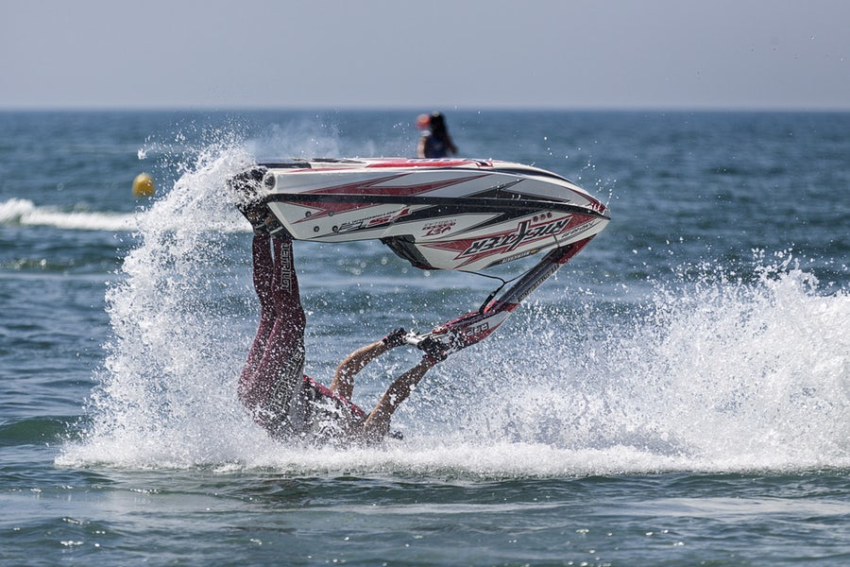Tips For Bouncing Forward From Failure
Arianna Huffington once said that failure is merely a stepping stone to success. Thomas Edison found 10,000 ways to not make a light-bulb. In no small part, it’s why every athlete from Michael Jordan to Tom Daley have bounced back from setbacks. Yet, learning from failure is no mean feat. It requires guts, determination…



